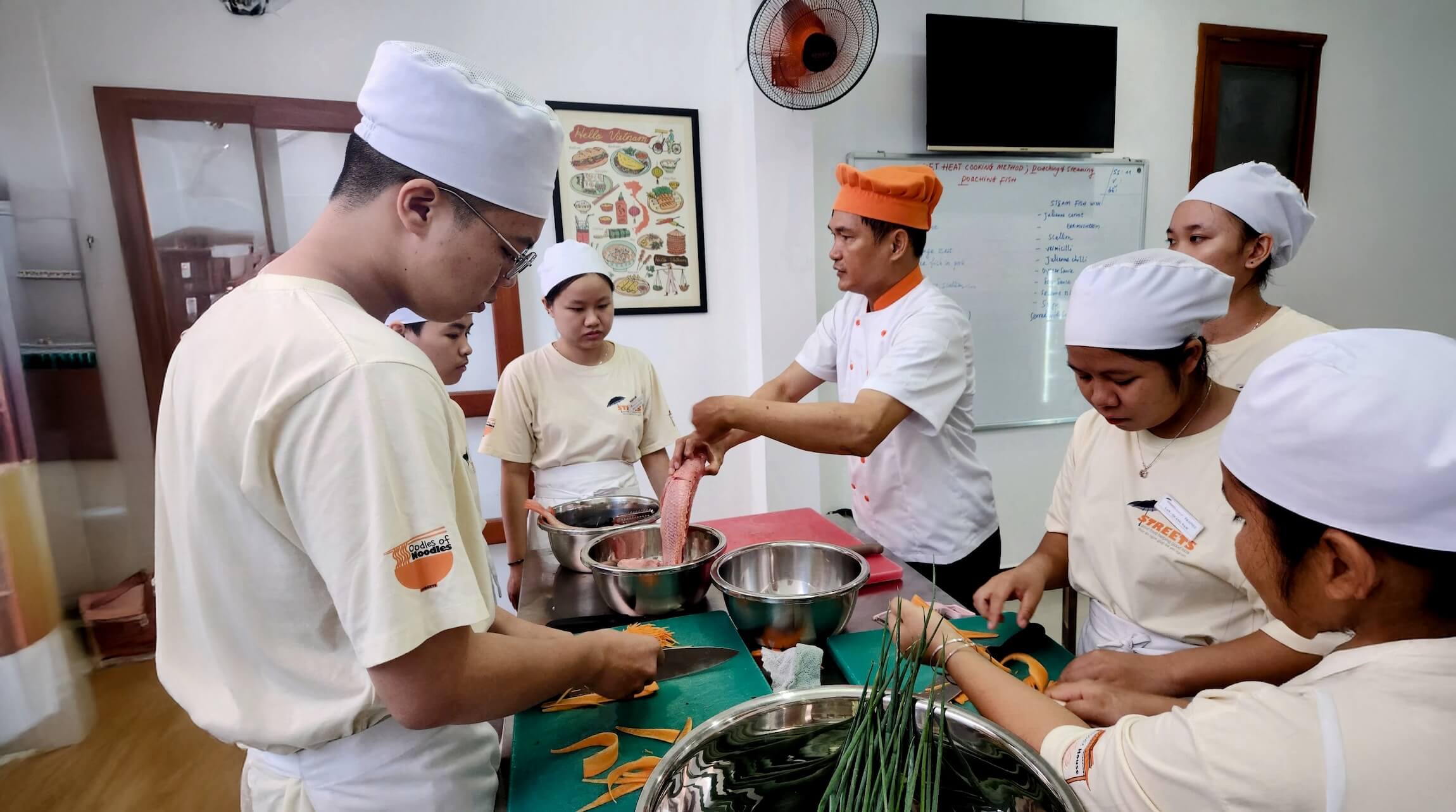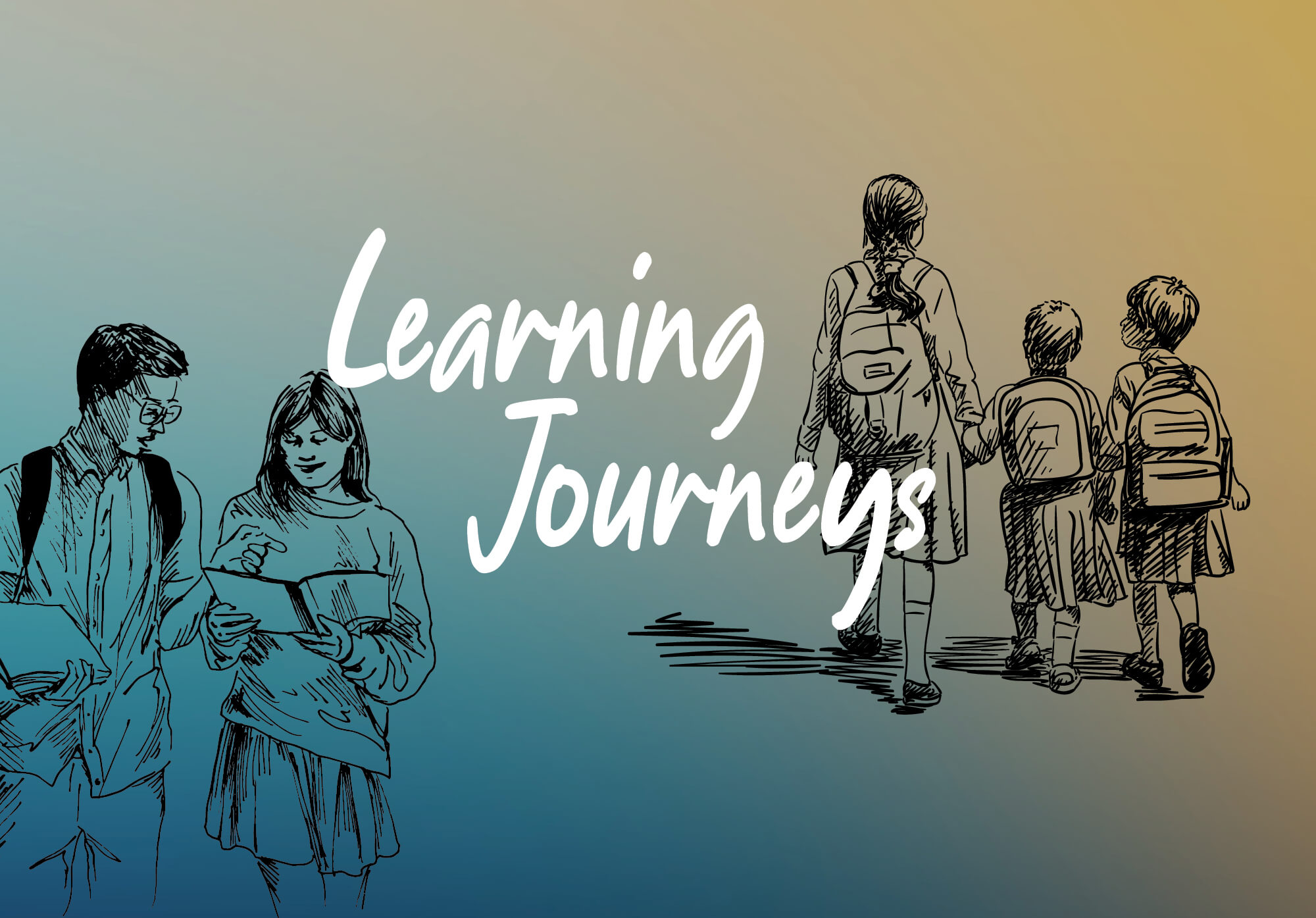




Managing personal finances could seem like solving a complex equation—from figuring out how to save money without losing your social life or cutting down on meal expenses, to dealing with your parents’ poor financial choices. Looking for solutions to your everyday money problems? Online resources like The Simple Sum are offering informed answers.
Founder Shirley Crystal Chua says the platform was created to improve financial literacy among young adults and help them create a better future for themselves. Since 2018, The Simple Sum has been creating relatable social media content on personal finance and investments, subjects that people often ignore or overlook.
“One of the reasons is because personal finance is still not a subject taught in school. For many young adults, this is something they still have to learn on their own. Often, when they start getting into it, the complex terms and jargon could be overwhelming,” she reveals.
The Simple Sum sees social media as an anchor to get young people interested in learning more about personal finance. Once they are hooked, they are directed to the website, which provides comprehensive information, a wider range of topics, and easy-to-use financial tools.
The scenarios presented in their social media accounts are common but can be confusing for most people. Questions can be as simple as “Should you lend money to your friend?”—a dilemma that can be costly to one’s personal finances and relationships. Managing Editor Seow Kai Lun believes this dilemma occurs because most adults, young and old, consider financial management as either dull or difficult to understand and thus choose to avoid the topic.
“The approach that we take at The Simple Sum is to break down these concepts into bite-sized pieces while throwing in our unique brand of humour to make it more interesting for our audience,” Seow adds.
Seow says that Simple Sum strives to create interesting, refreshing, and relatable hooks to their narratives and sometimes uses pop culture references to make people take a second look. “The topics and content that we come up with are also informed by our readers, who engage with us via comments or direct messages. With their permission, we sometimes share them as comics with our audience for them to benefit too.”
From its origins in Singapore, The Simple Sum expanded to Malaysia, Brunei Darussalam, and the Philippines over the past few years. Chua says that regional expansion has always been part of their plans and became more apparent after seeing the region’s low levels of financial literacy.
“According to an S&P Global Finlit survey, Southeast Asia has one of the lowest financial literacy rates in the world. Only 30 per cent of adults in most countries are financially literate. The condition leads to many making poor financial decisions for their daily lives and life milestones,” Chua explains.
Although personal finance principles are generally the same, Chua asserts that their application sometimes differs for each country. “This is why we have local teams in all the countries that we have a presence in, to create content that works and is relatable for their specific audience,” she adds.
Seow adds that financial concerns are different in every country. For example, audiences in Singapore look at ways to make their money work harder. In countries like Malaysia and the Philippines, audiences tend to focus more on building up their savings.
Still, Seow says countries in the region share some similar concerns, “like feeling pressured to spend and have a grand wedding or buy a big house even though it may go beyond their financial means.” She adds, “usually, when we talk about such social pressures, many readers can relate strongly. We get a similar reception for the career-related content we create as well.”
“We also organise webinars and online workshops with a hands-on approach to help our audience apply this knowledge and concepts in their everyday lives. What we do at The Simple Sum to empower young adults to manage their finances is facilitated by the digitalisation that has taken place in the region and allowed us to reach a wide audience in Southeast Asia,” Seow states.
As the world gradually relaxes COVID-19 restrictions, The Simple Sum hopes to engage more audiences on a more personal level through events and in-person workshops. While looking for the right opportunity to expand regional markets, Chua reveals that the platform is also starting to share more learnings about Web3 with its audiences and plans to go deeper on this front.








